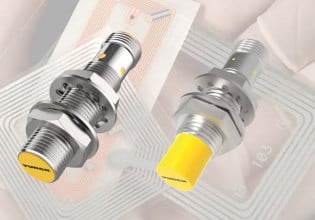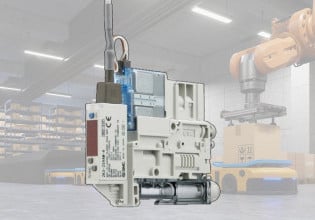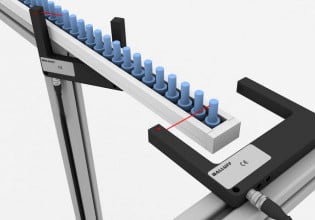K
Hi All,
Need some thoughts. A customer has come to me about retrofitting a winding machine. Presently, the machine has two 3HP Flex Pak Plus VS Drives (DC). The product has changed somewhat for the original application and no longer has enough HP.
Would you:
a. Leave them DC and raise the HP?
b. Change them to AC?
c. Is it six one way, half a dozen the other?
Thanks,
Kirk S. Hegwood
Hegwood Electric Service, Inc.
Need some thoughts. A customer has come to me about retrofitting a winding machine. Presently, the machine has two 3HP Flex Pak Plus VS Drives (DC). The product has changed somewhat for the original application and no longer has enough HP.
Would you:
a. Leave them DC and raise the HP?
b. Change them to AC?
c. Is it six one way, half a dozen the other?
Thanks,
Kirk S. Hegwood
Hegwood Electric Service, Inc.





